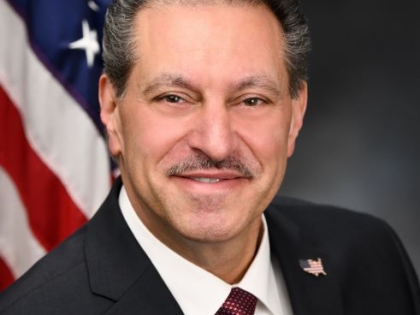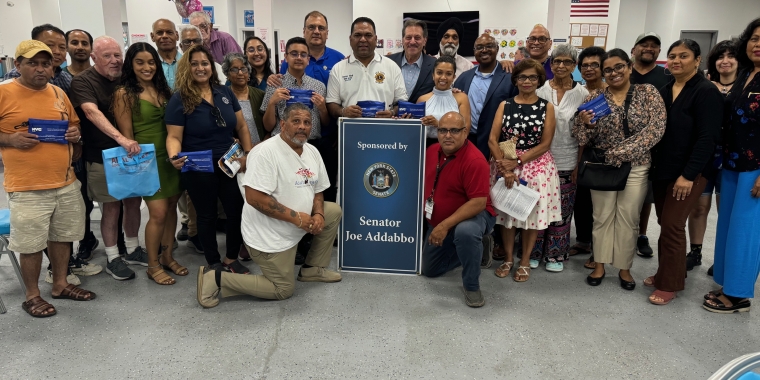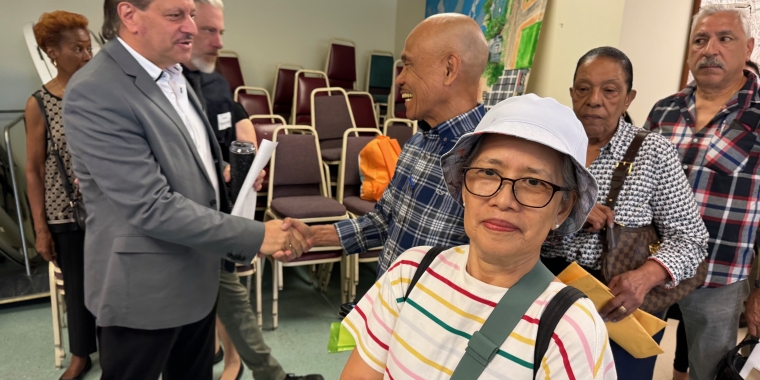
Addabbo Supports Bill to Better Punish Incidents of Bias and Gang-Related Graffiti
March 10, 2016
-
ISSUE:
- criminal justice
- graffiti
Howard Beach, NY (March 10, 2016) In an effort to underscore that graffiti intentionally written to encourage gang activity, express hateful bias or deface places of religious worship “is much more serious and dangerous than simple mindless vandalism,” NYS Senator Joseph P. Addabbo, Jr. recently voted to approve a bill (S.849) that would increase penalties for this kind of graffiti and permit judges to require perpetrators to complete a diversity training program.
“Graffiti is a continuing neighborhood plague that causes all of us a great deal of frustration when shops, walls, sidewalks and other public places are covered with what is often mindless, unattractive scribbling,” said Addabbo. “However, when that graffiti turns into swastikas or hateful language, incites gang activity or is intended to mar institutions of religious faith, that’s when your garden-variety, irritating vandalism takes a step over the line and requires greater punishment.”
Under the legislation recently approved by the full State Senate, penalties would be increased for graffiti intentionally motivated by bias against a person’s race, ancestry, gender, religion, religious practice, and other factors. Greater punishment for graffiti that seeks to promote gang-related activities and that defaces places of religious worship or items of faith – including scrolls, vestments and religious vessels – would also be meted out under the bill, which creates two new “E” felonies punishable by up to four years in prison.
“This legislation also permits judges to require those convicted of bias-related graffiti to complete diversity training programs and to personally clean up and remove the ugly fruits of their vandalism,” said Addabbo. “Spending all that time and effort trying to remove their graffiti – while getting necessary instruction in humanity and respect for others – may make perpetrators think twice before they spew their hatred on our churches, synagogues, mosques, neighborhood streets, local businesses and other public places in our communities. No matter where it occurs, we need to strongly denounce graffiti that issues a call to arms for violence or that seeks to denigrate people based on their race, religion, nationality or any other human characteristic. While vandalism of any kind is certainly unwelcome in our communities, we need to take a strong stance against graffiti that belittles others and that makes all of us just a little smaller by its very existence.”
Now that it has been approved by the Senate, the bill is under review by the Assembly Committee on Consumer Affairs and Protection.
Share this Article or Press Release
Newsroom
Go to Newsroom

